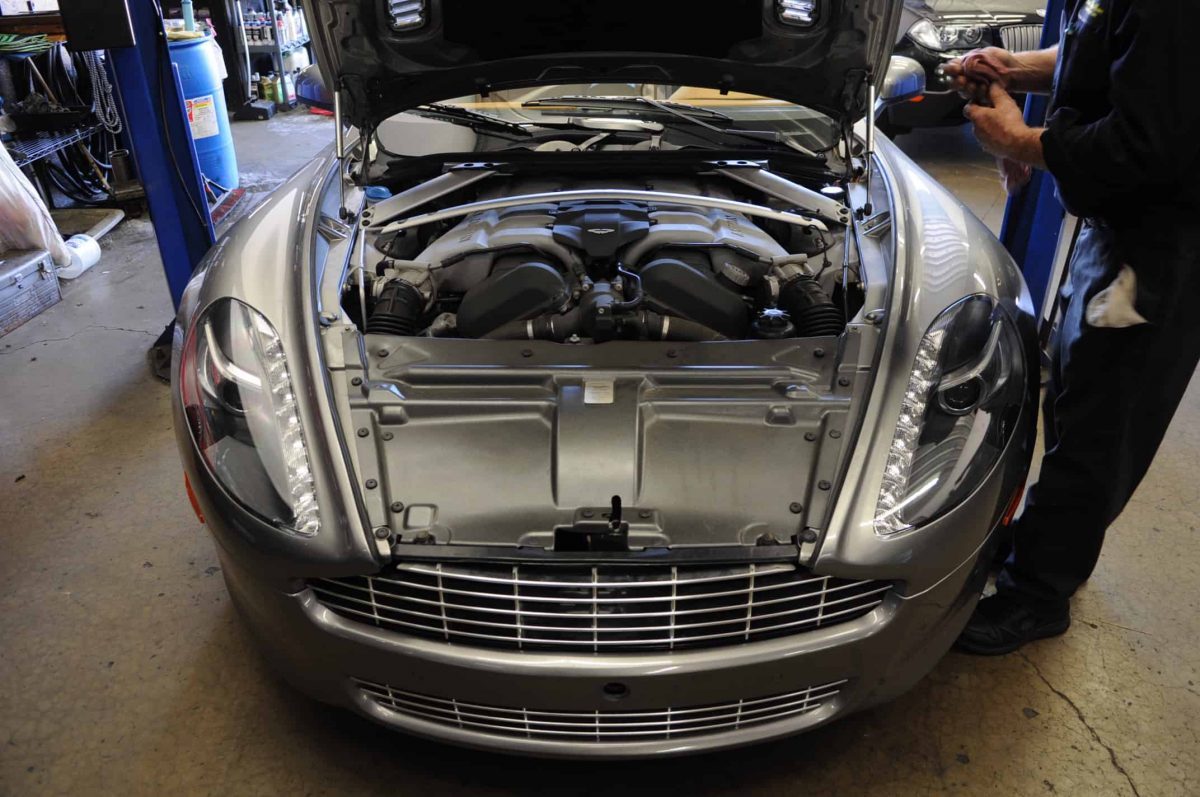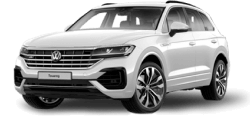Most people drive their cars on a daily or at least weekly basis. But sometimes circumstances arise where you just can’t. Maybe you went on a long vacation or maybe it’s winter and you can’t drive your convertible. Parking your car for a few days or a week or two shouldn’t pose any threats of mechanical issues, but if you leave your car to sit for too much longer than that, you could be looking at problems.
The U.S. Department of Energy says that light-duty vehicles such as cars, vans and pickups are driven about 11,500 miles a year. But sometimes people just don’t drive as much, especially in light of many people working from home during the pandemic. If you aren’t willing to put your European car in storage, you should at least try to drive it every two to three weeks.
You may think that idling the car for a few minutes to get the engine warmed up is all it takes. But while this is the bare minimum and certainly better than nothing, it’s better to drive it for at least 10 miles. Mix it up between back roads and highways to vary the speeds. Even if you drive your car from your house, onto the freeway, go one exit up, and return home, you’re at least opening her up and making sure everything’s OK.
Negative Impacts of Not Driving Your Car Enough
Here are some things that could happen if you let your car sit idle for too long.
- Your battery will lose its charge. Batteries slowly lose their charge when not used. If your car has been parked for a long time, restarting the engine suddenly causes the battery to drain out even more. You may even need a jump-start or replacement.
- Your tires will lose air pressure or become flat. Because cars are so heavy (i.e., a compact car weighs about 2,500 pounds while a midsize SUV weighs twice that), if your car is not moved, the weight rests on the side of the tire that is in contact with the ground. This causes your tire to lose air and develop flat spots. You will be able to round out the tires again if you catch it in time. But if not, permanent tire damage can result, which creates vibrations when driving.
- Oil and other fluids will deteriorate. When not being used, the fluids in your car will go stale, just like soda goes flat when you leave it out. When you’re driving, oil and other fluids reach operating temperatures to flow correctly while keeping seals and gaskets lubricated. This helps the brakes, transmission, belts, power steering, and air conditioning work properly as well.
- Your gas can go bad. You should always keep your fuel tank a quarter full at least, as an empty tank is more vulnerable to moisture. Moisture, as you know, leads to corrosion. Condensation can also have a negative effect on engine oil. Did you know that fuel can degrade after about a month? If you let it go many months, there’s no question that it will go bad. In this case, you will have to siphon it out and add fresh gas. Old fuel can’t ignite the engine properly, plus deposits can develop that cause damage to the fuel system.
- Pests will invade. From ants to rodents to wasps, pests and critters will set up shop in your car, chewing through wires, plastic, and insulation.
- Weather and the environment will take its toll. From rain to tree sap to bird droppings, all of these things can damage your clear coat and paint if you don’t clean them off regularly. Even if you use a car cover, wind can rub dirt into the paint job underneath the cover, while moisture can collect and result in rust.
Long-term neglect will make itself known if you suddenly restart your vehicle after letting it sit idle for weeks or months. Your European vehicle is an investment and you should be mindful of that even when you don’t get a chance to drive it as much as you would like. By keeping it well maintained and taking it out for a spin every so often, you will be doing much more good than you realize.
Contact Hance’s European in Dallas
If you’ve been letting your European sit idle for too long and it needs some TLC, bring it to us today! Give us a call to book your appointment at (214) 206-4073 or fill out our online form.


 BMW
BMW Mercedes
Mercedes Jaguar
Jaguar Land Rover
Land Rover Volkswagen
Volkswagen Porsche
Porsche Audi
Audi